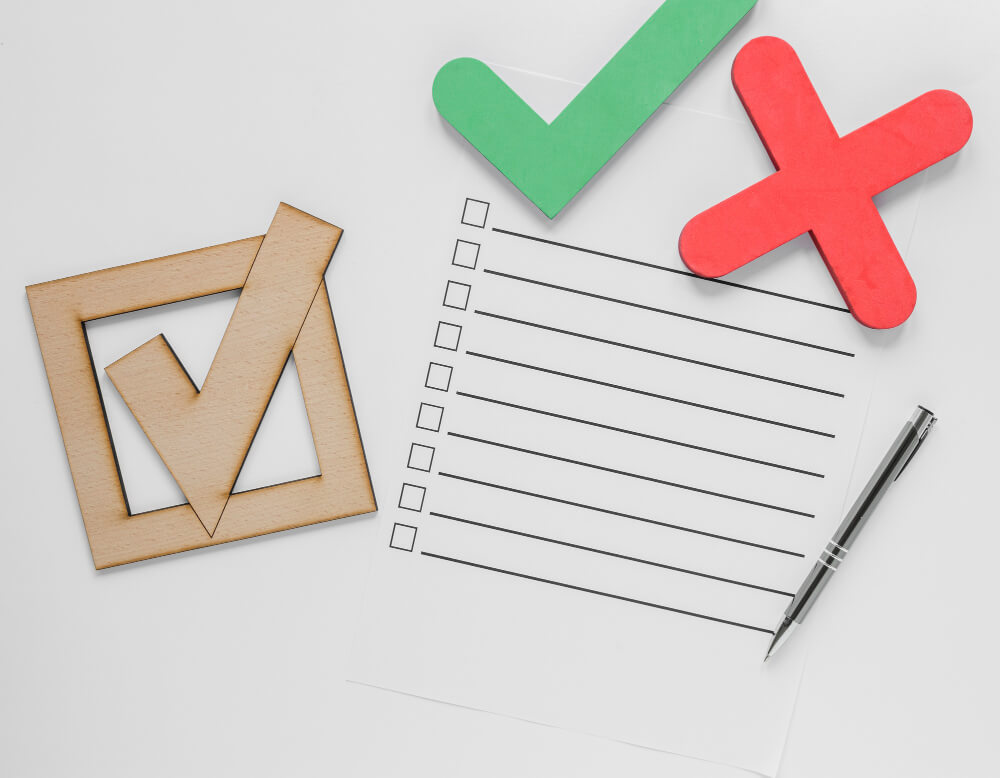Free GIPS compliance training
Want to make sure that your team is GIPS compliant? Use our free training platform to deploy a ready-made gips compliance course straight to your team.


Overview of FCRA compliance
There are a number of key things to know about FCRA compliance if you are running a business. First and foremost, the FCRA stands for the Fair Credit Reporting Act. This act was created in order to help protect the rights of consumers with regards to their credit report information. As such, businesses that are handling this type of information need to be very careful about how they go about doing so. There are a number of guidelines that businesses need to follow in order to ensure they are compliant with the FCRA. These include ensuring that the information they are gathering is accurate, keeping this information secure, and only using it for the purpose it was intended. Failure to comply with these guidelines can result in penalties and fines for the business. consumers are entitled to know what is in their credit reports, businesses need to provide them with this information if they request it. They also have the right to have any inaccurate information corrected. If you are a business owner, it is important that you are familiar with these rights and make sure you are taking steps to protect them. By ensuring you are FCRA compliant, you can help to build trust with your consumers and show that you are a business that cares about their rights. This can go a long way in helping you to build a successful and thriving business.
FCRA compliance – basic requirements
The Fair Credit Reporting Act (FCRA) requires that companies take measures to ensure the accuracy of the information they collect and report about consumers. FCRA compliance training helps companies understand their obligations under the law and how to best protect consumers' rights. There are a few basic requirements that companies must meet in order to comply with the FCRA. First, they must have a written policy in place that outlines their procedures for ensuring the accuracy of the information they collect and report. This policy must be made available to consumers upon request. Second, companies must provide consumers with a notice of their rights under the FCRA before any negative information is reported about them. This notice must include a summary of the consumer's right to dispute inaccurate information and the process for doing so. Third, companies must take reasonable steps to verify the accuracy of the information they report. This may include contacting the consumer directly or using other sources to corroborate the information. By meeting these basic requirements, companies can help protect consumers' rights and avoid potential penalties under the FCRA. compliance training can help companies ensure that they are meeting their obligations under the law.


FCRA compliance – the do’s and don’ts
There are a number of things to consider when thinking about FCRA compliance, but here are some of the key do's and don'ts to keep in mind. DO make sure that you have a clear understanding of the FCRA and what it requires. This includes understanding the requirements for obtaining consumer reports and using them in the employment context. DO also ensure that you have procedures and policies in place to comply with the FCRA. This may include ensuring that you have a permissible purpose for obtaining a consumer report and that you have written authorization from the consumer before obtaining the report. Additionally, you will want to have procedures in place for disposing of consumer reports when they are no longer needed. Finally, DO train your employees on FCRA compliance. DON'T forget that the FCRA applies to more than just employment background checks. The law also regulates other types of consumer reports, such as credit reports. As such, you will want to make sure that you are familiar with the requirements for obtaining and using all types of consumer reports. DON'T overlook the importance of having strong policies and procedures in place to ensure FCRA compliance. These should be designed to protect the consumer's rights while also ensuring that you are able to obtain the information you need. DON'T take shortcuts when it comes to FCRA compliance. This is an important law that protects consumers' rights, so it is important to take the time to ensure that you are in compliance.
Deploy GIPS compliance training to your team today.

FCRA compliance – developing policies and procedures
The Fair Credit Reporting Act (FCRA) requires that companies take measures to ensure the accuracy of the information in consumer reports. To comply with FCRA, companies must develop policies and procedures to ensure that the information in their reports is accurate. There are a number of ways to ensure accuracy under FCRA. First, companies must develop policies and procedures to ensure that the information they collect is accurate. Second, they must develop policies and procedures to ensure that the information they report is accurate. Third, they must develop policies and procedures to ensure that the information in their reports is complete. To comply with FCRA, companies must take measures to ensure that the information in their reports is accurate. They can do this by developing policies and procedures to ensure that the information they collect is accurate and that the information they report is accurate. Additionally, companies must develop policies and procedures to ensure that the information in their reports is complete.
FCRA compliance – training and monitoring
There are many compliance risks associated with FCRA compliance – training and monitoring. The best way to mitigate these risks is to provide training to all employees who may come into contact with consumer information, and to have a robust monitoring program in place. The Fair Credit Reporting Act (FCRA) is a federal law that governs how consumer information is used by credit reporting agencies (CRAs) and by companies that use consumer information for employment purposes. The FCRA imposes a number of requirements on CRAs and companies, including requirements related to training and monitoring. Compliance training – All employees who may come into contact with consumer information must be trained on the requirements of the FCRA. This training should cover the proper handling of consumer information, the requirements for obtaining consumer consent, and the consequences of non-compliance. Monitoring – Companies must have a monitoring program in place to ensure compliance with the FCRA. This program should include regular audits of consumer information handling practices, and prompt investigation and correction of any non-compliant behavior. The risks associated with FCRA compliance are significant, but can be effectively mitigated through proper training and monitoring. By ensuring that all employees who come into contact with consumer information are properly trained, and by having a robust monitoring program in place, companies can protect themselves from the potentially costly consequences of non-compliance.


FCRA compliance – recordkeeping requirements
Under the Fair Credit Reporting Act (FCRA), businesses are required to keep certain records when they use consumer reports for employment purposes. These recordkeeping requirements help to ensure that businesses are using consumer reports in a fair and legal manner.Some of the records that businesses must keep include:· A copy of the consumer report· A description of the job position that the consumer report was used for· The name and address of the consumer reporting agency that supplied the report· The date the consumer report was obtained· The date the consumer report was provided to the employer· The name of the person who requested the consumer report· The reason the consumer report was requested businesses must also keep records of any adverse actions taken against an applicant or employee based on information in a consumer report. These records must include:· The name and address of the person who took the adverse action· The date the adverse action was taken· The reason for the adverse action· The consumer report that was used to make the decision· The date the consumer report was received· The name and address of the consumer reporting agency that supplied the reportBusinesses must keep these records for a period of two years.The FCRA’s recordkeeping requirements help to ensure that businesses are using consumer reports in a fair and legal manner. These requirements help to protect the rights of applicants and employees, and help to ensure that businesses are making well-informed hiring decisions.
